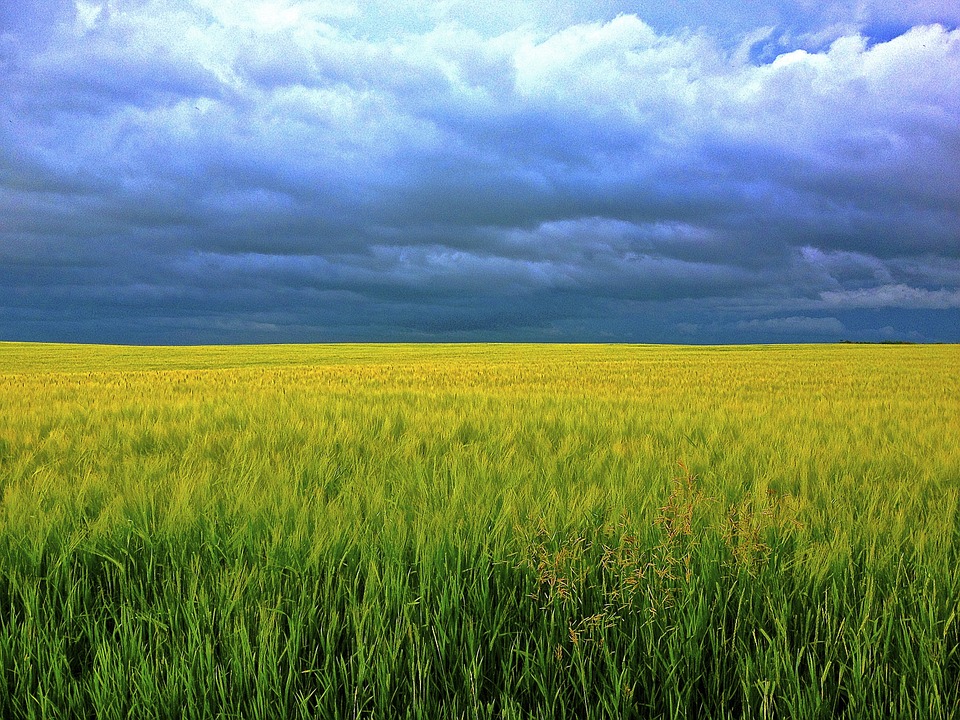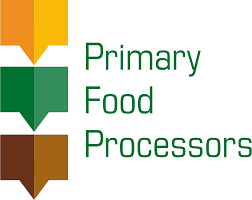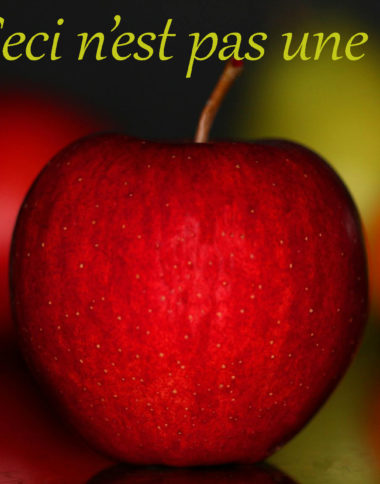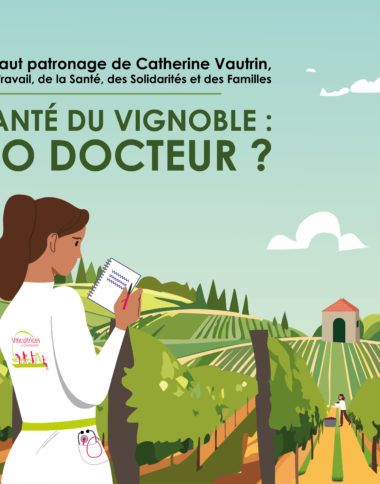Articles
Temps de lecture : 2 min
17/03/2022
Fighting for food security

The war in Ukraine has suddenly made urgent to focus on the European defense as well as the European food security. The Covid-19 crisis has been the staring point to a contingency plan for agriculture and food supply. The Commission decided last December to call a group of experts representing Member States and representatives of the food supply chain. This group, “European Food Crisis preparedness and response Mechanism”, must elaborate proposals to guarantee stability and continuity of food supply within the EU.
As the invasion of Ukraine by Russia is impacting deliveries of grains from the Black Sea and all markets of raw materials imported from Russia and Ukraine, it appears urgent to mitigate the effects of such a shock by adopting a short-term plan of measures. Nevertheless, in the medium and long term it becomes necessary to learn from these recent events.
The geopolitical implications of this conflict demonstrate the dependence of EU Member States on gas, fertilizers, maize, sunflower oil and grain supplies, but also the exposure of economical European interests to the former USSR territories. The rallies of prices for staple goods and the risks of shortage emphasize that food security is not only a European challenge, but a main strategic issue to be addressed in the wider Europe-Africa region.
In this context, revoking the objectives of the Green Deal for the European agriculture to fight climate change is out of question, but it is necessary to revisit the “Farm to Fork” strategy to take in account the European liability to guarantee food security for all countries, partners and friends of the proxy neighborhood.
“Fit for 55” and “Fight for food security” are not incompatible and must be integrated into a new global strategic package.






